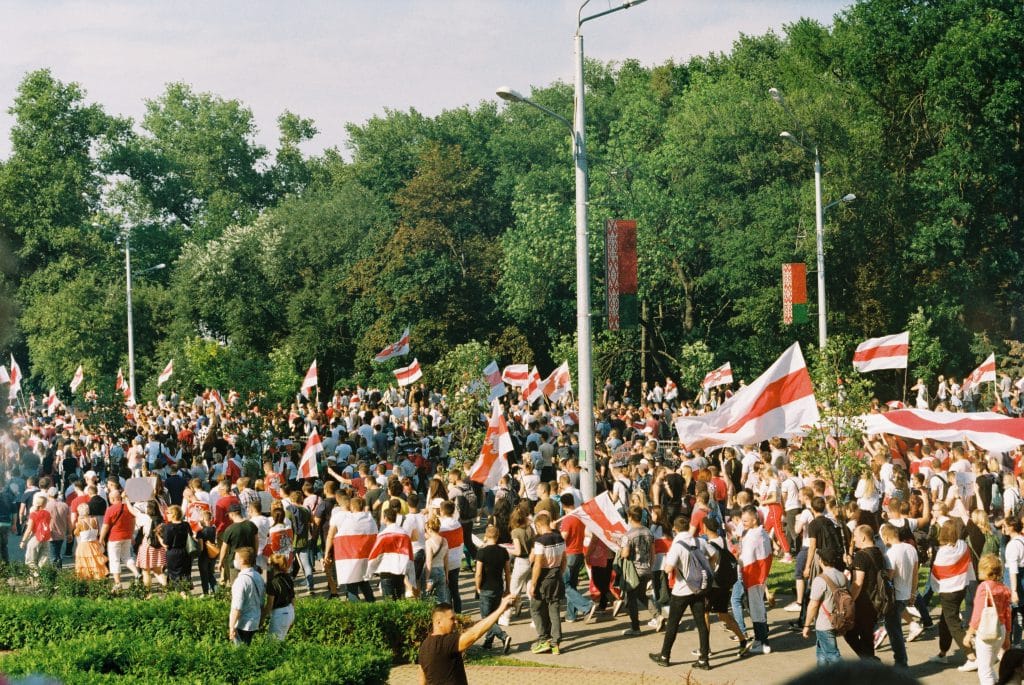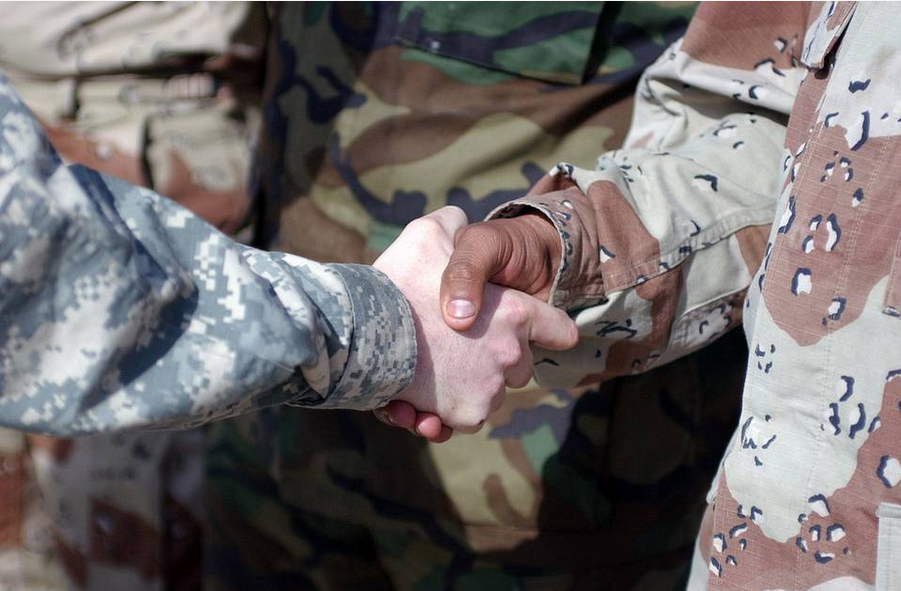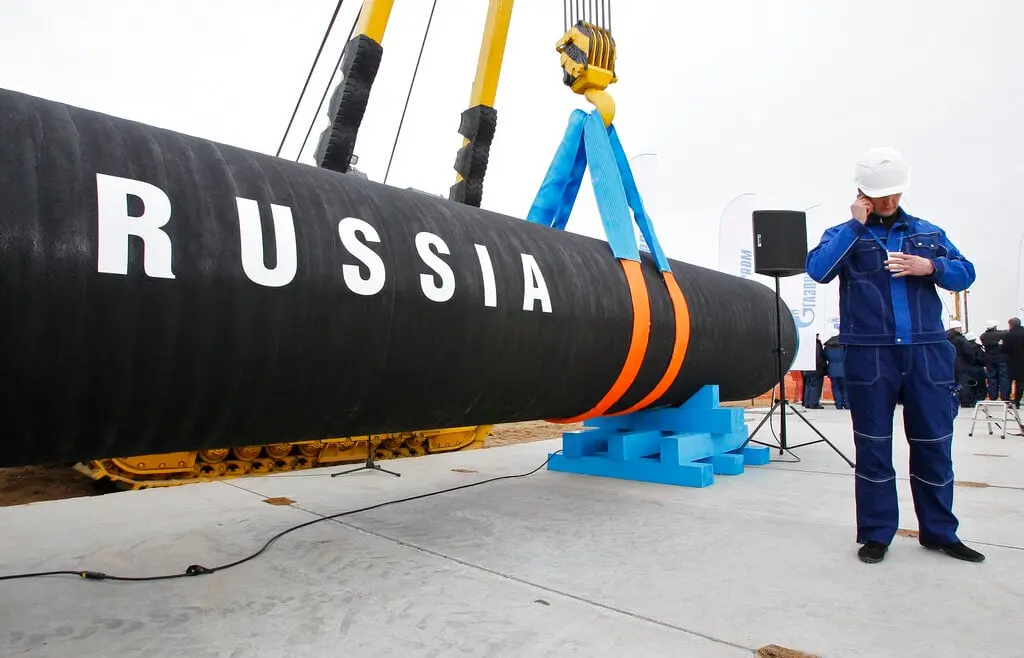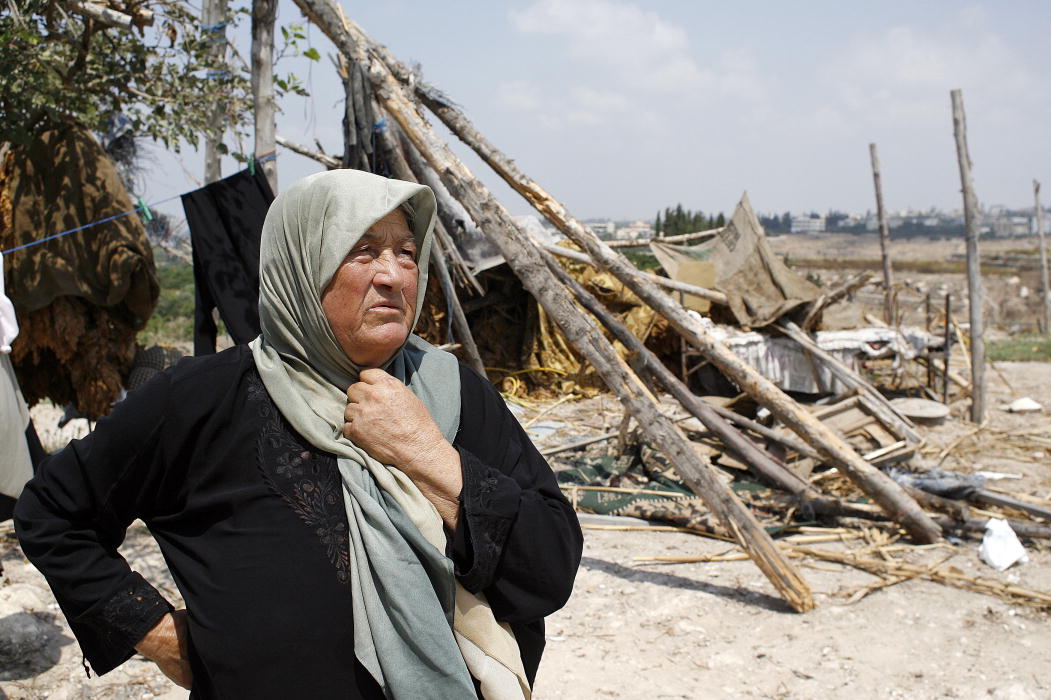It has been more than a hundred days since Belarus went to the polls. For more than a hundred days, people have been taking to the streets on a daily basis against the result announced at the end of that ballot: the victory of incumbent President Alexandr Lukashenko. His challenger, Svetlana Tikhanovskaya, is now in exile. This month, she visited the Netherlands, where she continued to call for solidarity with the protesting Belarusian people.
Since then, Belarus has experienced several waves of protests and violence. In the first days of protests against Lukashenko's self-proclaimed victory, thousands of people were detained and regime violence led to deaths and injuries in the streets. When the first prisoners were released after a few days, the first reports of severe tortureand in the prisons to the outside world. Moreover, not everyone was released. The list of political prisoners of Belarusian human rights organisation Viasna has grown partly because of this.
Protest as necessity
Meanwhile, people continue to take to the streets daily: on Sundays, tens to hundreds of thousands take to the streets in Minsk and across the country; during the week, it is smaller groups of pensioners, students and strikers. They risk being arrested, fired and tortured every time, yet they continue to protest. They protest in towns and villages, or on the outskirts of Minsk, because on Sundays the metro stations in the centre are closed. As does the internet, by the way, which goes off the air every Sunday so as not to publicise the protests too much: something the Austrian parent company A1 seems to do little about.
The protests are one of the few ways for the Belarusian people to make visible their views on the dictator's rule, in the face of the monopoly of violence of Lukashenka, who allowed himself and his son to be filmed heavily armed after the elections. It is the only tool the people have in the fight for the eye of the world, which is so easily distracted by elections elsewhere. But the price is high, because the now illegally sworn-in president on our continent does not shy away from violence.
More than a thousand arrests were made every Sunday this month. A low point this month was the death of activist Raman Bandarenka who was beaten to death after addressing a group of people in civilian clothes who were removing white and red ribbons at a well-known protest site: the Square of Change. Thousands attended his funeral and his last chat message before his death, "I'm coming out", is now a rallying cry of the protests.
The people are tired
"The Belarusian people are tired," Tikhanovskaya said during her visit to the Netherlands. It is tired and in need of hope. That hope can come in many forms. By seeing that Lukashenko is not recognised by Europe and their elected leader is received in European capitals. By seeing the white-red-white flag, which Lukashenko no longer wants recognised as a national flag, flying in Amsterdam and Eindhoven during her visit and being contributed to protests by the Belarusian diaspora. By sharing information on what is happening in Belarus; solidarity actions like the adoption of political prisoners by parliamentarians as MP Bram van Ojik with Tikhanovskaya discussed; displays of Belarusian (protest) art; contributing to solidarity initiatives of groups in Belarus and the diaspora such as 'BY Help' or 'BY Sol'; or something simple that anyone can do, such as sending a card to a political prisoner. Tikhanovskaya, whose husband is one of over 125 recognised political prisoners in Belarus, said during her visit, "People in prison are like a child so happy to receive a card. It is a gift to receive a letter from abroad. It shows that Europe is behind us". Because while a lot of money and practical support is needed, what is needed most of all is solidarity and hope.
By: Christie Miedema
Photo: Unsplash





